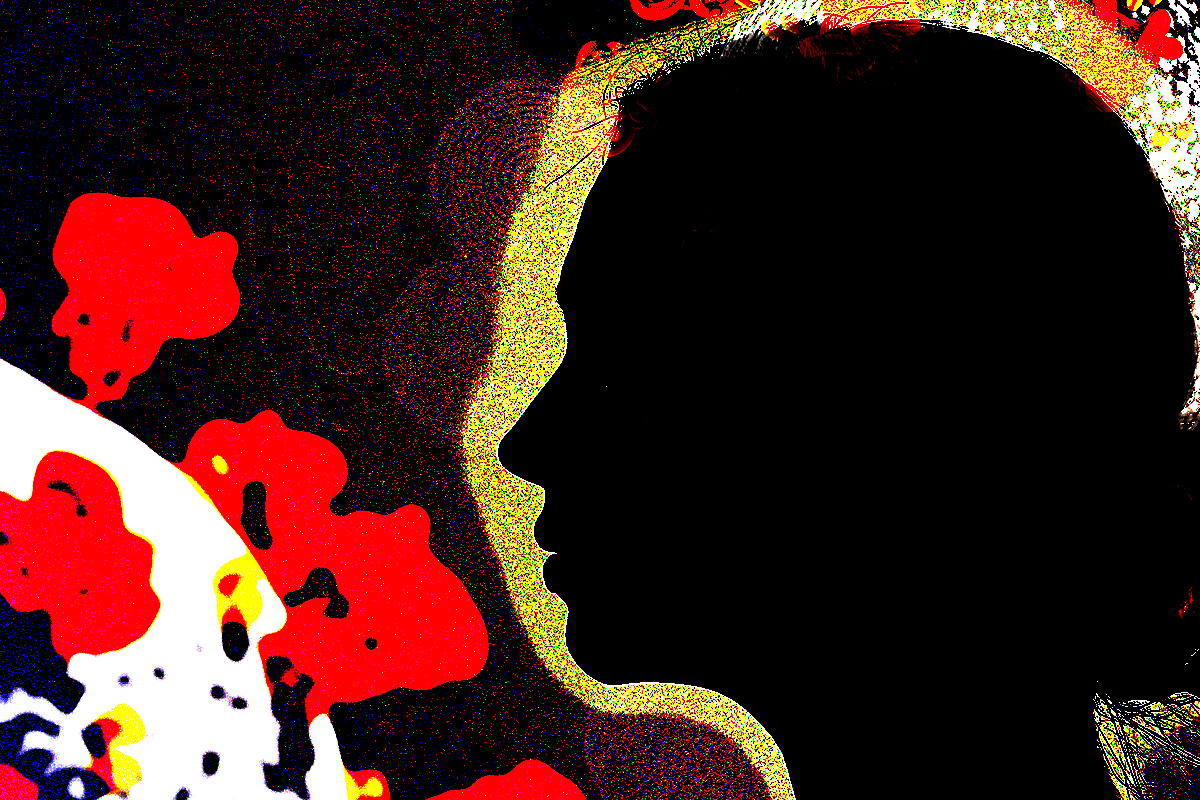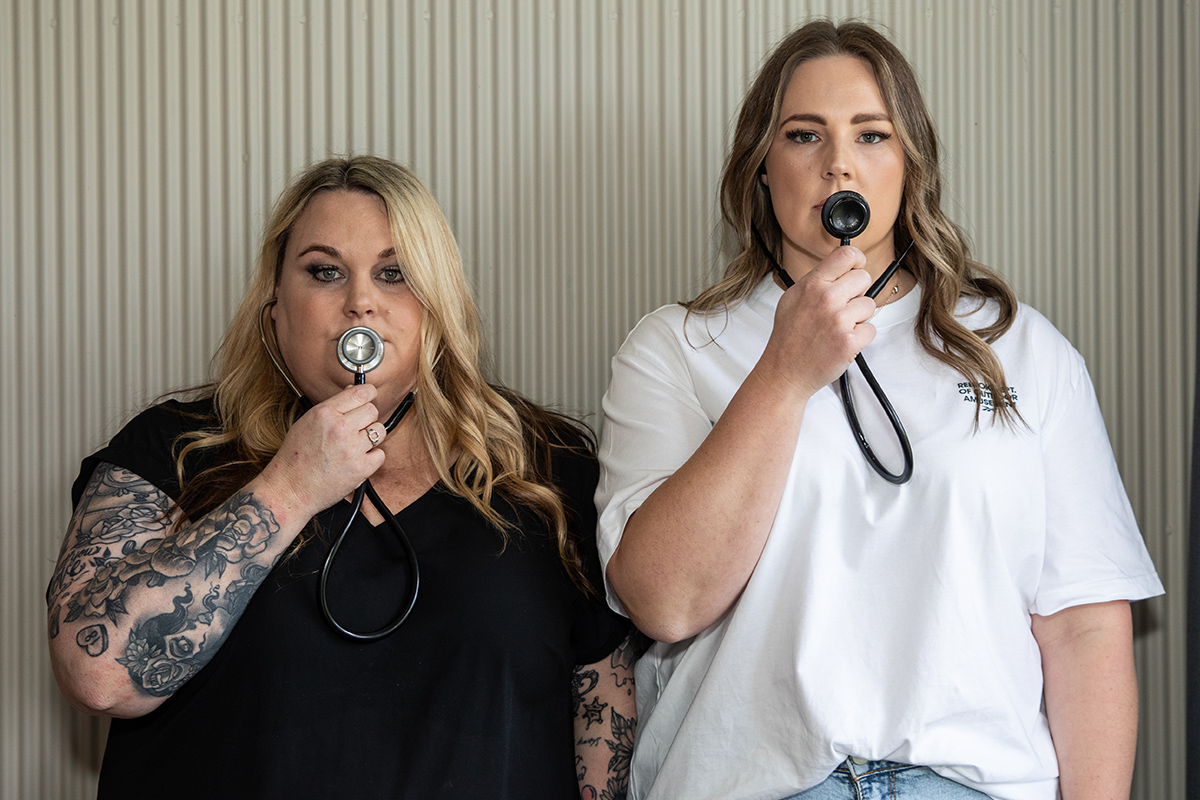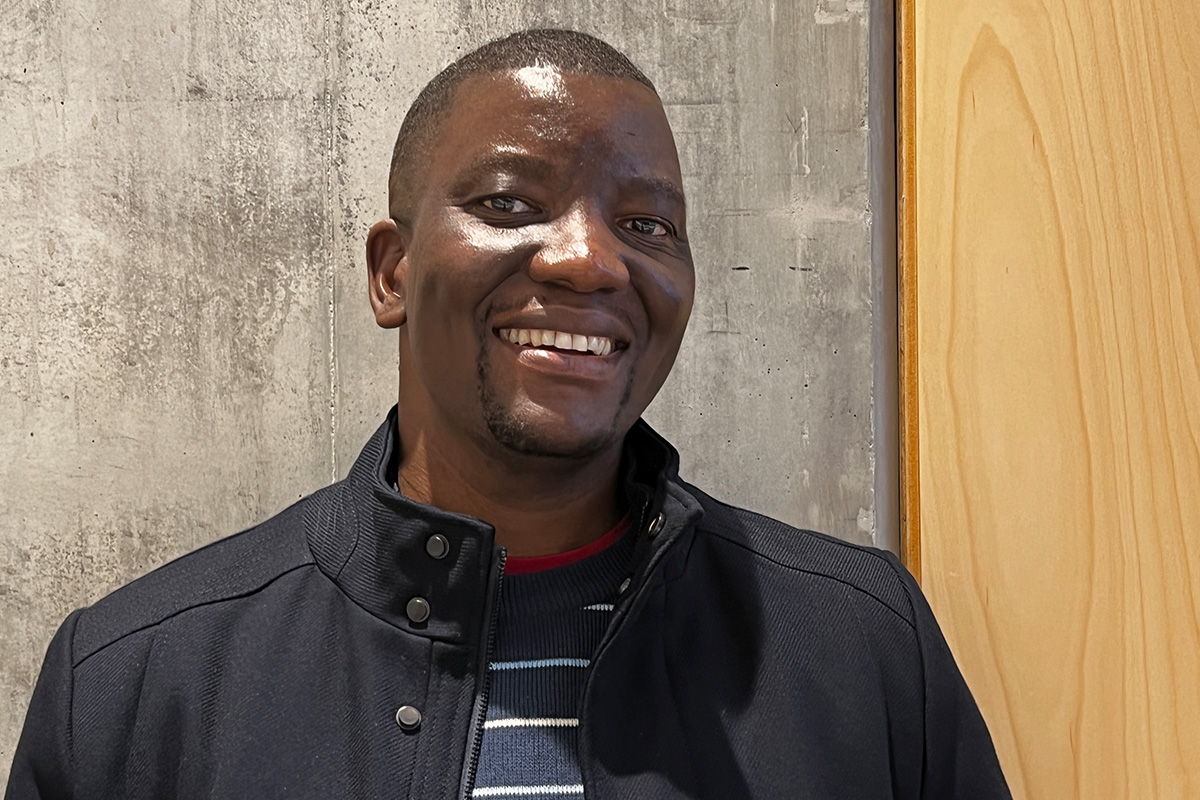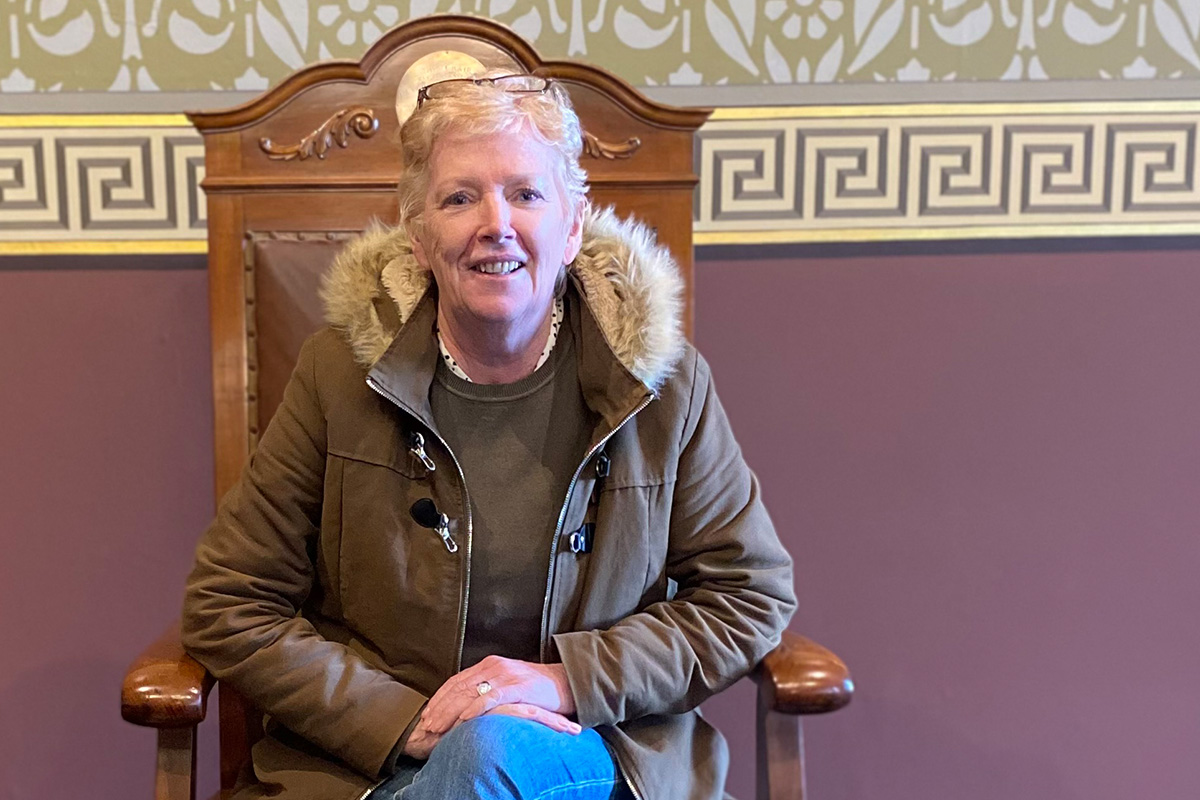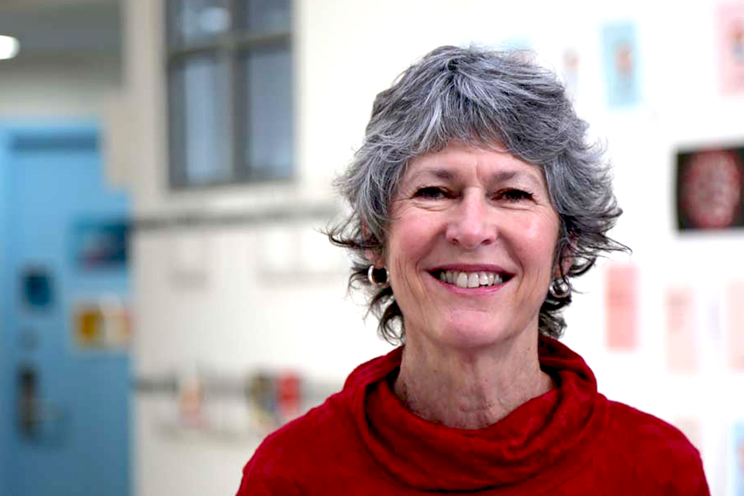
Community health nurse Helen Chakman
Community health nurse Helen Chakman’s daughter was delighted yet puzzled when Helen started receiving congratulations and best wishes for her new baby from Helen’s patients.
‘They don’t even know me, Mum!’ was her response.
Helen’s patients certainly know Helen, who has been working at cohealth, Collingwood, for 40 years and is now providing nursing care for the fourth generation of one family in the community.
‘It’s remarkable to see the progression of a family and realise that you’ve immunised the children, and the grandchildren and now the great-grandchildren,’ Helen said.
Helen trained at The Alfred Hospital in 1968, before training in midwifery at The Women’s Hospital. After travelling overseas, Helen returned to The Women’s Hospital to be a domiciliary nurse/midwife visiting women and their babies every day, if women chose, from the third to the tenth day after the birth.
‘It was a fabulous service,’ Helen said.
When Helen began working at cohealth, Collingwood and its surrounding suburbs were already culturally diverse after post-war immigration saw Greeks and Italians moving into the area.
Since then Helen has seen successive waves of refugees and asylum seekers Vietnamese and African communities – at the clinic and has embraced cultural practices into her nursing care accordingly. Within Helen’s 40 years at cohealth, Collingwood – a traditionally working-class area which includes high-rise public housing – has become more gentrified, but its diversity remains.
Patients may present with a particular health issue and as the conversation progresses in Helen’s clinic space, reveal other concerns.
‘You say, “Is there anything else you’d like to talk about today?” and a whole lot of things may come out about something that’s happened at home, or they’re worried about one of the children who’s gone off the rails, or a husband’s lost a job or a partner’s left, or someone’s in jail…
‘Because in this service we’ve got a drug and alcohol service, family violence service, podiatry, physiotherapy, a pharmacy here…it’s a one-stop shop in that you can direct patients to people who’ve got more expertise or can help them in other areas.’
Now edging closer to the age at which she could consider retirement, Helen has reduced her working hours to two days per week but colleagues and patients let her know that her knowledge and experience are valued and would be missed.
‘It must be for any nurse that reaches a certain age that you think, “Are they going to start saying when is that old lady going to retire?” And then I’ll have women (patients) my age and older saying “Helen, don’t ever retire, you still have two days, which is enough to keep you interested and everyone happy”.
Time builds trust in relationships between a patient and a community health nurse that cannot be easily replaced, and Helen understands the context of her patients’ lives as well as their health issues.
‘It used to frustrate me when you’d see somebody coming from hospital and there’d be always: “Take tablets four times a day” and I’d think “Have you got any idea what it’s like for these people?”
‘They’ve seen them in a hospital bed and they don’t know what the patient has come from. We’ve still got the odd patient who doesn’t have running water.’
Helen’s chats with patients in the waiting room of the cohealth clinic develop rapport and mean the patients feel more comfortable discussing their health needs.
‘That’s the beauty of being here for so long, I know their football teams and they’ll come in and talk about the football. In winter my Collingwood (football team) supporters will come in dressed top to toe in black and white.
‘That’s what I think community health means. You’re seeing them in the community, you’re seeing how they walk in and when I used to do more home visits, what they’re going home to, and so you’ve got a better understanding of their situation.’

